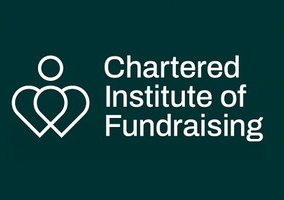Last month, the Times published a story on sexual harassment in the fundraising sector. In it, the broadsheet named an alleged perpetrator following testimonies by victims. Bill Giles has now resigned his position with the fundraising agency Action Planning and is no longer practising in the sector. This is a step forward in a campaign led by victims and publicised in this magazine and other sector press since 2019. But it is only one step.
The cover story this month revisits the topic of sexual harassment in the sector but this time through the lens of donor dominance and the impact this can have on fundraisers. It focuses on the inherent power imbalance at the heart of fundraising, particularly in relation to major and corporate giving, where often the donors are older, wealthy individuals and the fundraisers are young professionals. This takes the narrative beyond the problems within the fundraising community itself to examine the broader duty of care that organisations have to their employees. There is an ethical dilemma at the core of donor relationships: should charities accept what are often vital funds, if the giver is a known predator? And where should the line be drawn?
The answer to both questions should be simple – zero-tolerance. No fundraiser should feel belittled, uncomfortable or threatened when doing their job. Nor should they feel guilty or ostracised for whistle-blowing. The solution is not to move them off the account; the solution is to refuse the money and tell the donor that their behaviour is unacceptable. But that rarely happens, so the cycle of abuse continues.
This is all built, remember, on the bravery of victims; real people whose lives have been impacted and some of whom are traumatised. Charities owe it to these fundraisers to set higher standards and to hold individuals to those standards when deciding whether to accept gifts. An organisation’s values must be rooted deep in all departments, or they are not values at all.
For many years, charities have refused funds from the tobacco and arms industries. Pressure is increasing to refuse money from fossil-fuel companies and high-carbon-emitting sectors. The same rationale has to be applied to individuals that perpetuate sexual harassment or coercion. It is the duty of care of charities to protect their employees, whatever the cost.
Stephen Cotterill is the editor of Fundraising Magazine @stevejcotterill
Related articles












